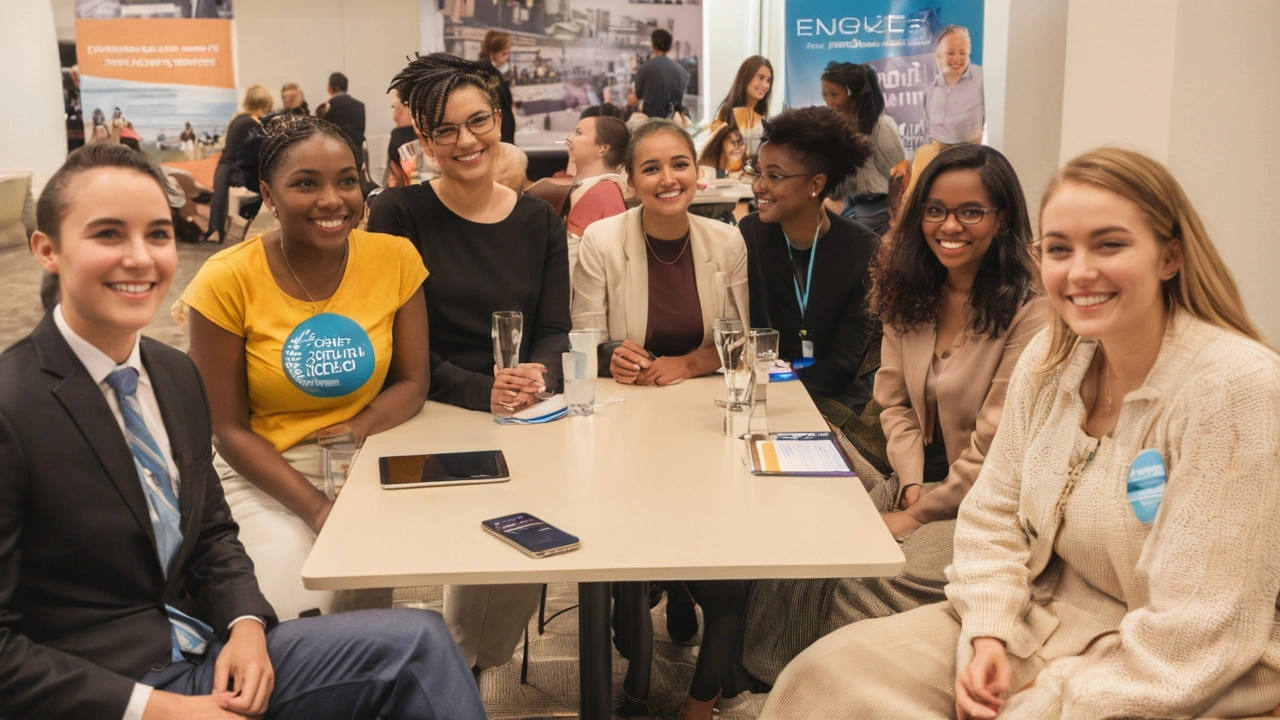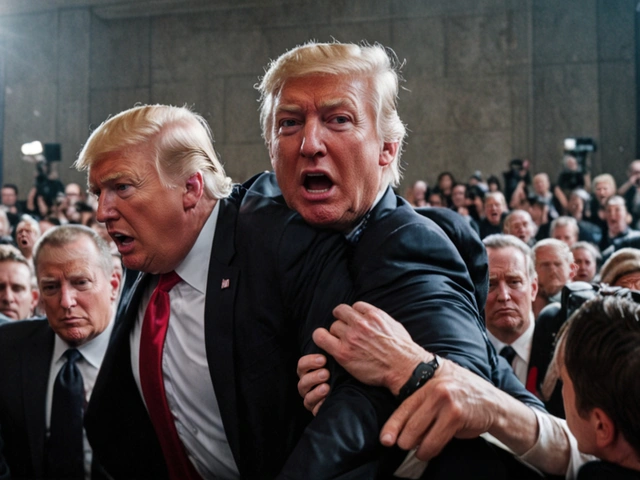Introduction: The Vital Role of Youth in Global Policy
In today's rapidly changing world, the involvement of young people in global policy-making has never been more critical. As the decisions made today will inevitably shape the future, it is essential to ensure that the voices of the younger generation are heard and considered. This article explores the significance of empowering youth voices in policy discussions and the impact that young activists, advocates, and leaders are already making on a global scale.
Why Youth Involvement Matters
The future of our world hinges on the actions and decisions made in the present. Therefore, involving young people in policy-making processes is not only beneficial but necessary. Youth bring fresh perspectives, innovative ideas, and a sense of urgency that is often missing in traditional policy-making circles. They are the ones who will inherit the consequences of today’s policies, and their firsthand experiences can provide invaluable insights into the issues at hand.
Initiatives and Programs Empowering Youth
Across the globe, various initiatives and programs are dedicated to empowering youth and providing them with the necessary tools and platforms to contribute to policy discussions. For instance, the United Nations has various youth forums and councils that allow young people to voice their opinions on international matters. Additionally, NGOs and grassroots organizations from different countries are working tirelessly to engage young people in civic activities and advocacy.
Young People Making a Difference
There are countless examples of young individuals who have successfully influenced policy decisions through their activism, advocacy, and leadership. One such example is Greta Thunberg, whose school strike for the climate has triggered a global movement. Her relentless efforts have pressured leaders worldwide to take the climate crisis seriously. Similarly, Malala Yousafzai’s advocacy for girls’ education has brought attention to the importance of education in fostering a more equitable society. Their stories are just the tip of the iceberg, with many more unsung heroes making significant contributions in their communities.

The Need for Intergenerational Collaboration
To create sustainable and equitable solutions for global challenges, it is crucial to foster intergenerational collaboration. The synergy between the wisdom and experience of older generations and the innovation and energy of the youth can lead to more holistic and effective policies. Integrating diverse perspectives ensures that solutions are inclusive and address the needs of all segments of society.
Education and Capacity-Building
Preparing young people for active participation in policy-making involves more than just providing them with platforms to voice their opinions. It also includes education and capacity-building. Equipping youth with knowledge, critical thinking skills, and an understanding of policy processes is essential for their effective involvement. Educational institutions and organizations can play a pivotal role in nurturing these competencies and fostering a sense of civic duty among young people.
The Potential of Youth to Drive Change
The potential of youth to drive meaningful change is immense. Their creativity, resilience, and determination can lead to groundbreaking innovations and solutions. However, this potential can only be realized if current leaders and institutions create an enabling environment for youth participation. This includes not only listening to young voices but also actively supporting and empowering them.
Conclusion: A Collective Responsibility
In conclusion, the future of our world depends on the active involvement of young people in global policy-making. By empowering youth voices and facilitating intergenerational collaboration, we can ensure that policies are more inclusive, innovative, and effective. It is the collective responsibility of current leaders, institutions, and society as a whole to support and nurture the next generation of change-makers. The time to act is now, for the decisions made today will forge the path for tomorrow.






Write a comment